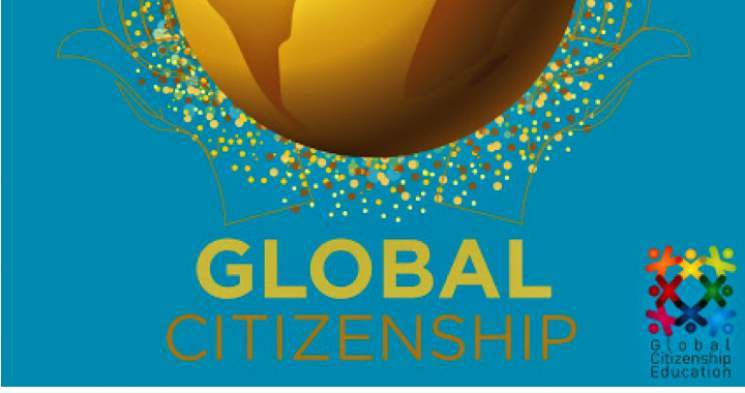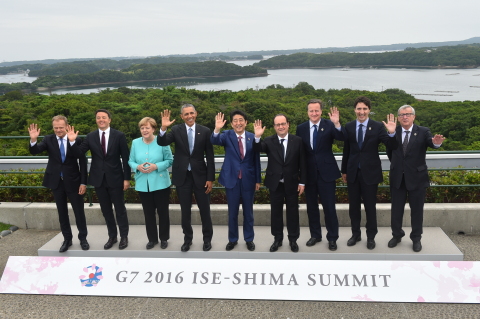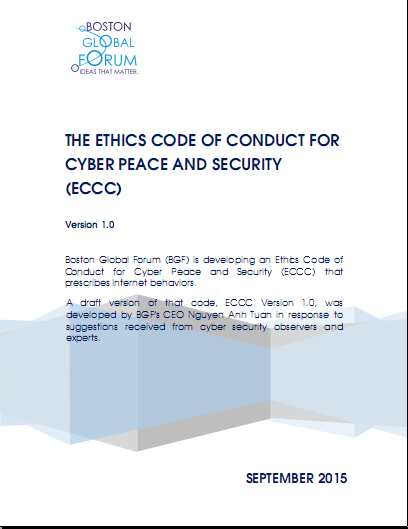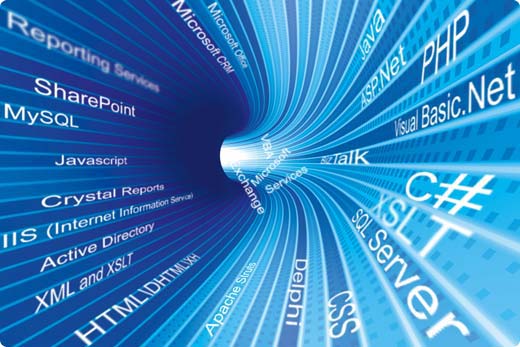AIWS and the Age of Global Enlightenment
The Artificial Intelligence World Society Initiative (AIWS) was founded and announced by Governor Michael Dukakis and Nguyen Anh Tuan in November 2017 as a means of counteracting harmful and unethical uses of AI and building the 7-layer model of the AI World Society, a foundation for the Age of Global Enlightenment.
AIWS seeks to advance the common good through the opportunities to “remake the world” presented by the digital and AI revolution. An “Age of Global Enlightenment” is achievable if action is guided by six anchors:
- Enlightened Political and Social Order
As expressed in the Social Contract for the AI Age, accountability and responsibility are fundamental to fostering global enlightenment.
- Enlightened National Law and Global Governance
As expressed in the Framework of Global Laws and Accord on AI and Digital, proper governance is fundamental to fostering global enlightenment.
- Enlightened Economic Innovation
Every citizen can become an innovator. Socially responsible economic innovation by firms, communities, and individuals is fundamental to fostering global enlightenment.
- Enlightened Cultural Norms
Tolerance for diversity, mutual support, respect, and recognition of the value of every individual are fundamental to fostering global enlightenment.
- Enlightened Education Principles
As expressed in the AIWS Global Enlightenment Education Program, life-long pursuit of and respect for knowledge are fundamental to fostering global enlightenment.
- Enlightened Communication and Discourse
Open forms of discourse, respect for diverse opinions, and fidelity to accuracy in mass and personal communication are fundamental to fostering global enlightenment.
Each of these anchors applies to all levels of social, economic, and political organization, and each is a necessary condition for achieving an Age of Global Enlightenment.
AIWS City, conceptualized by the AI World Society, is a practical model for the Age of Global Enlightenment. See our updates on this page.
Fed has been under heavy cyberattack
The U.S. Federal Reserve System has detected more than 50 cyberbreaches between 2011 and 2015, with several incidents called "espionage’’. Most observers speculate that Russia and/or China, which are engaged in continuing cyberattacks against the U.S., are...
Conference: Using Global Citizenship Education to promote cybersecurity
(May 30th, 2016) In May, 2016, the Boston Global Forum (“BGF”) successfully completed its initial phase of work on achieving a safe and secure cyber-world for all when it published the G7 Ise-Shima Cyber-Security Norms...
Abe to propose big stimulus package
Japanese Prime Minister Shinzo Abe, who just finished hosting the G7 summit, plans to propose a fiscal stimulus package of as much as $90.7 billion after warning G7 leaders that the global economy faces a significant risk of another crisis like that in 2008. Many...
Currency mismatches seen as economic threat
(May 30th, 2016) Marc Chandler argues, in the wake of the G7 Summit, that a major problem facing the world economy lies in problems in the capital markets and the “currency mismatches that stem from dollar borrowings.’’ Read his overview of summit concerns.
U.S. releases guidelines for precision medicine cybersecurity
(May 30th, 2016) The Obama administration released its final data policy framework establishing security expectations for organizations that participate in the Precision Medicine Initiative (PMI). “The 10-page framework, which builds on the National Institute of...
Economy, refugees, Chinese expansionism, cybersecurity top summit agenda
The biggest issues at the G7 Summit have been how to get the global economy humming again; the refugee crisis in Europe and the Mideast; Chinese expansionism in the East and South China Sea, and cybersecurity. Read this link. The last item has been a priority...
G7 leaders set plan to help the middle class
The leaders of the Group of Seven industrialized democracies agreed May 26 to help the middle class worldwide, by spurring economic growth, fighting corruption and clamping down on international tax evasion by the rich. The agreement was reached during the...
Put Code of Conduct for Cybersecurity into practice
(May 23rd, 2016) Last year as part of its effort to promote cybersecurity, the Boston Global Forum issued an Ethics Code of Conduct for Cybersecurity. This year, we are concentrating on ideas/suggestions on how to put the Code of Conduct into practice. We’re inviting...
Europe/Mideast/Africa software developers worry most about cyberterror
A survey by Evans Data finds that software developers in the region encompassing Europe, the Middle East and Africa are very worried about cybersecurity, with the largest plurality citing cyberterrorism as the cyberthreat they most fear. The company says that “more...





